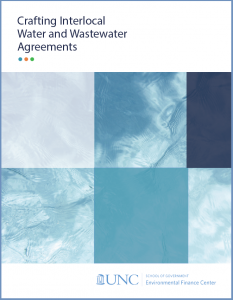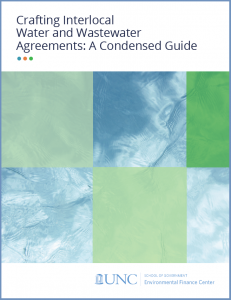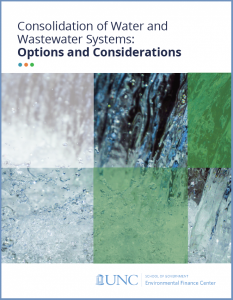Currently, the water and wastewater sector is extremely dispersed; there are tens of thousands of water utilities and authorities across the country. At the same time, the nation and world is facing a time of growing complexity and unprecedented change in the water sector. In some cases, collaboration and cooperation could be essential to securing our nation’s water future. Regional solutions, including consolidation of water or wastewater services, is one of many potential approaches that enable utilities to meet today’s needs and tomorrow’s demands, and joining resources and streamlining operations and decision-making can enhance efficiency. But to get there, utility leaders and decision makers will need a clear picture of the payoff to justify the journey.
Information about regionalization options and financial impacts is essential to understand what this approach can do to increase financial stability in the water and wastewater sector, including the variety of paths available. Partnerships between water and wastewater utilities can consist of a range of structures, including:
- Interlocal agreements for purchasing or selling water/wastewater treatment (for emergencies or recurring basis)
- Formal arrangements to share treatment capacity and assets
- Contracting of management
- Consolidation of other select services
- Full mergers
Many factors need to be carefully considered and addressed before utilities enter into formal partnership arrangements. Through multiple projects and partnerships, the EFC is working to address those factors and research the possible outcomes of consolidation in various utility situations.




